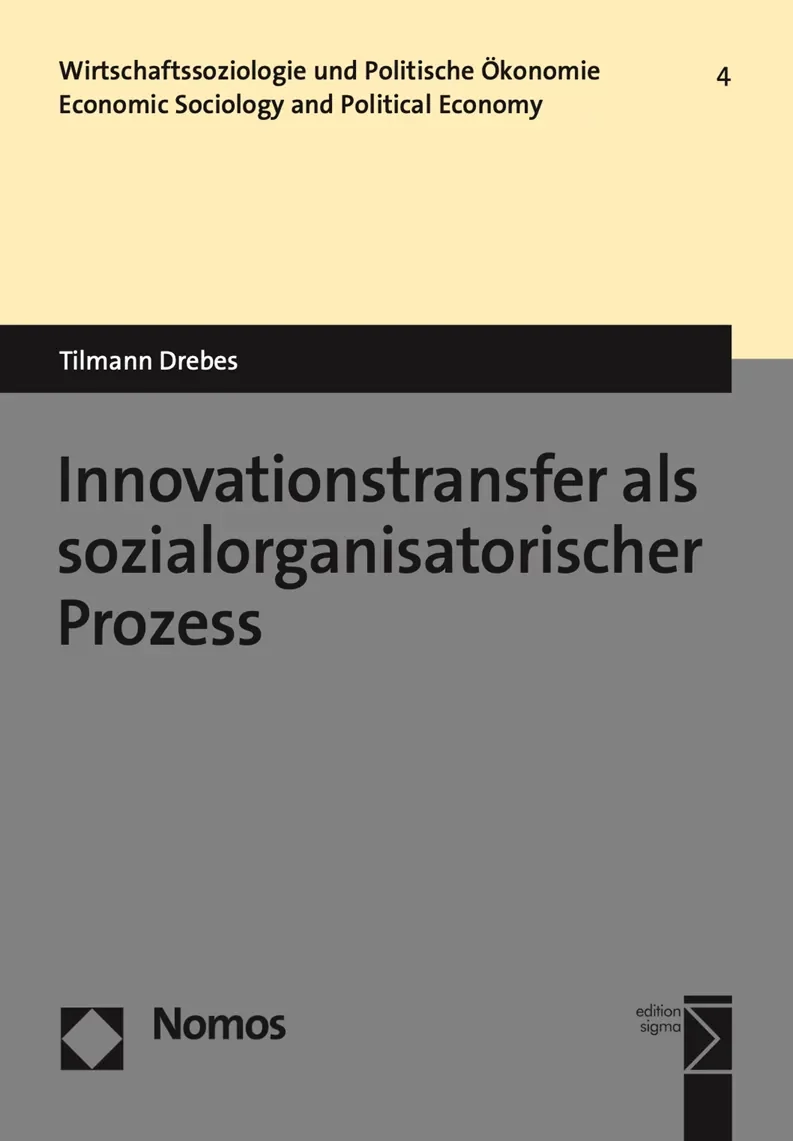
Innovation is more than new technology
Innovation is more than just a new technology – this sentence may sound banal at first, but it hits the core of modern society. The true concept of innovation is far more multifaceted than commonly assumed and goes far beyond purely technological developments. Innovation does not only mean the development of new technical devices, but also includes new ways of thinking processes and social practices that can fundamentally change our society – such as the introduction of flexible working hours or more sustainable economic models.
While technical innovations – be it artificial intelligence sustainable energy systems or new mobility concepts – are often in the spotlight, it is the social, organizational and cultural dimensions of innovation that determine success or failure. An electric car is only innovative if it represents a significant improvement, for example, in terms of range, price and functionality, always in relation to previous mobility solutions. This improvement must be perceived, recognized and understood by people. If this does not succeed, innovation will not prevail.
In addition, the success of innovations is largely determined by their integration into existing systems and social structures. An innovation, as progressive as it may be, can only be fully effective if it harmonizes with existing infrastructure, user habits and cultural ideas. The innovation must be successfully embedded and connectable. The example of electromobility makes it clear that even technically mature vehicles cannot be successful without a nationwide charging network, adapted maintenance structures, and the willingness of people to rethink. The transformation towards sustainable mobility therefore requires not only innovative vehicle technologies, but also new concepts for urban planning, energy supply and sharing models. This systemic view shows that successful innovations are always part of a larger change in which technical, social and infrastructural changes must go hand in hand.
The innovation process therefore requires a holistic approach that takes into account different perspectives and dimensions in a systematic and structured way: When business models are changed or new business models emerge, when work cultures or social structures of mobility are transformed, new social practices also become necessary because established patterns of thought are questioned and challenged. Tensions and conflicts arise. This is normal and shows the complex interplay of the different dimensions. Understanding the different dimensions, participation and dealing with the weak points of innovations, preferably within the framework of an unbiased learning process, are necessary and helpful.
Innovation is thus above all a social practice – it arises from the interaction of different actors and against the background of specific structures, in the unprejudiced recognition and confrontation with conflicts and in the development of new solutions to social challenges and problems. Structures and actions merge into each other. Technology can be an important enabler here – but never the sole driver of innovation. The success of innovation ultimately depends on how well it succeeds in understanding, taking into account and reconciling technical, economic, political, ecological, social and organizational aspects in order to create real improvements for society.
More on the topic of innovation and innovation transfer in the empirical study on the phenomenon ‘Innovation Transfer as a Social Organizational Process’ by Dr. Tilmann Drebes.


